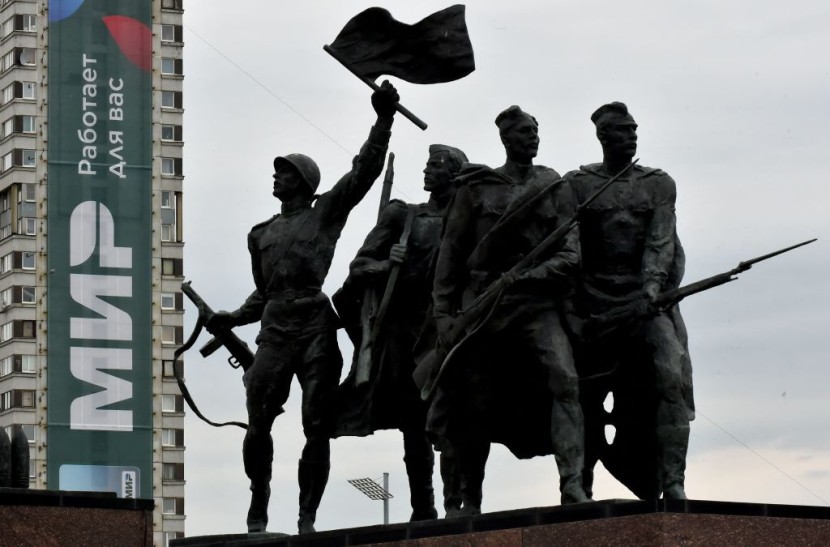
Last Friday, Turkish President Tayyip Erdogan deliberated with the economic specialist of his administration should the Russian payment system stay operational or not.
The US and EU are pulling all stops to threaten Turkey with sanctions to prevent acceptance of Russian cards, like the Mir system. So far, the Kremlin has been able to stay afloat, but the US and EU are facing an energy crisis and inflation, literally asking for energy from everywhere they can.
Alternatives for the Russian Oil
The Turkish leader Tayyip Erdogan told the media while on the sidelines during his state visit to the United States last Thursday.
He added that Turkey would consider additional alternatives concerning Mir cards, including the adoption of alternative systems but then said that sanctions aren't appropriate for handling our business relationships with Russia, reported MENAFN.
One of the concerns is looking for alternatives for the Russian payment system. On Friday, a decision will be reached in Istanbul, said the Turkish president.
The hazard of assisting Russia's initiatives to circumvent sanctions through the greater utilization of the Mir National Payment System has been quoted by the US Treasury in a warning that was issued to financial institutions overseas on September 15.
Isbank and Denizbank, two private Turkish banks, canceled Mir transactions to avert US sanctions, noted the Middle East Monitor.
Russian Version of the SWIFT System
Alla Bakina, chief of the national payment systems department at the central bank, mentioned on Friday that its 'SPFS interbank messaging system in Russia' has begun to grow at a breathtaking pace this year, citing CSM Times.
She discussed it in detail at the Kazan banking forum; this year, as more foreign attendees tied up with the system, they found significant expansion. More parties have joined the SPFS since the year's start compared to any other juncture in the system's history.
According to the official estimation, the SPFS added 440 entities during the first half of 2022 by attaching about 50 foreign-based associates. More than 100 of these foreign participants, who are all from 12 different countries, are a part of the system, but the agency does not identify them.
They are losing access to SWIFT, establishing the SPFS as a replacement to guarantee that financial messages sent between banks inside and outside Russia are transmitted.
It was initially created in late 2014 to address sanctions aimed at Moscow after it annexed Crimea. The West then targeted several financial institutions with a presence in Russia.
Western nations ejected Russia from SWIFT.
The government started touting the domestic system as a reliable replacement earlier this year when Moscow came under sanctions because of its military campaign in Ukraine, including the disconnection of many Russian banks from SWIFT.
Broad sanctions also sped up Moscow's endeavors to shift from using the dollar and euro to collecting transactions in several national currencies. Bakina adds that it helped decide on SPFS.
She continued that it creates a strong foundation for the sustained expansion of payments in national currencies instead of the dollar and the euro.
Furthermore, it is observed that there is an increasing readiness among many friendly nations to embrace their own currencies.
Turkish president Erdogan will decide if the Russian payment system or the Mir Card, but other options like SPFS exists to cope with sanctions.
Related Article: Ankara Angers Brussels After Turkish Firms Trade With Moscow
© 2026 HNGN, All rights reserved. Do not reproduce without permission.








